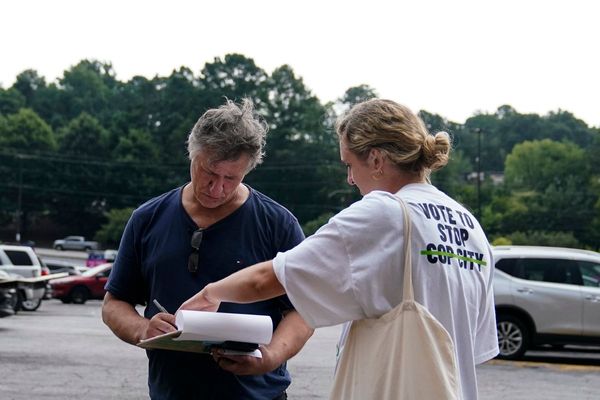
The Chairman of the Foundation for Public Policy and Good Governance believes Thailand can eliminate corruption and praises South Korea as a model

Dr Bandid Nijthaworn, Chairman of the Foundation for Public Policy and Good Governance, said in an exclusive interview that the corruption problems in Thailand could be resolved by a free justice system and a transparent, balanced and accountable bureaucratic system.
Dr Bandid said the business sector must have good governance while civil society, particularly the media, must conduct thorough examinations of suspect transactions.
“We must not think that corruption cannot be resolved and that we have to live with it forever. That is not right; the problem can be solved.”
He cited as examples countries such as Singapore and South Korea as well as Taiwan and Hong Kong. The corruption problems in those nations were severe, but they were able to tackle them by raising and upgrading their transparency index.
Thailand could do that too by studying in depth how they handled the problems, said Dr Bandid, a former deputy governor of the Bank of Thailand.
Those countries adopted four guidelines in resolving the problems:
1. Big fish have to be arrested. In South Korea, many former presidents have been prosecuted and jailed while a cabinet minister in Singapore committed suicide after being investigated in a bribery case.
When the public sees that the authorised agencies, particularly the justice system, do their jobs, they will have confidence. This will create hope and change the public’s way of thinking. When the big fish survive, this reflects that society is not yet ready to solve the corruption problem.
2. The government’s spending must be transparent such as in procurement. Technology should be used in the bureaucratic system, replacing officials’ discretion. In South Korea and Singapore, customs clearance in a port is undertaken by computer at the offices of owners of goods. All the procedures are conducted in line with the system, steps and time period and can be traced at each step.
3. The business sector must have good governance. Dr Bandid mentioned the Thai Private Sector Collective Action Against Corruption (CAC), through which the Thai business sector creates a working system against corruption, develops mechanisms to prevent the acceptance and payment of bribes, and declares its intentions. When major companies join CAC, other smaller firms follow.
4. Citizens and civil society have to be active, particularly the media. The media must be fair and be brave enough to write, speak and report on corruption problems in a straightforward manner because in the wider society, the trust of people and of investors depends on three institutions; (1) Judiciary; how the law is enforced; (2) Financial; is there any stability? and (3) media. If these three are strong, confidence will return to the country.
In South Korea, these three institutions are very strong, with the public prosecutors and the media committed to serving justice while the public is ready to gather, protest and apply pressure for investigations to be carried out into important cases. The investigations have resulted in jail terms for former and incumbent presidents and ‘big fish’. This is the result of a good justice system.
Dr Bandid said that for Thailand, the question is whether each institution is working hard or otherwise, as it appears that the authorities are afraid to arrest the big fish, civil society is not strong, and the media is reluctant to stick its collective neck out. Over the past 20 years, corruption has grown more prevalent, leading to the expansion of its impacts and more negative changes. This is reflected in the drop in Thailand’s transparency index.
The malfeasance has cost Thailand in terms of natural resources and opportunities to develop. If the government could retrieve the funds from corrupt payments, it would have money to develop new skills for the labour force which the business sector needs. This will benefit 4-5 million workers.

Thailand has tools, laws and personnel ready to prevent corruption from spreading, yet bribery is still increasing. Dr Bandid said this is due to a lack of serious implementation. Officials at the high level must set an example. If those close to the leader are corrupt and the leader does nothing, the public will say that such malfeasance goes unpunished.
“There are many laws in Thailand and there is no problem with those laws. However, we are lax in enforcing the laws and we enforce them unfairly and unequally,” Dr Bandid concluded by saying.







